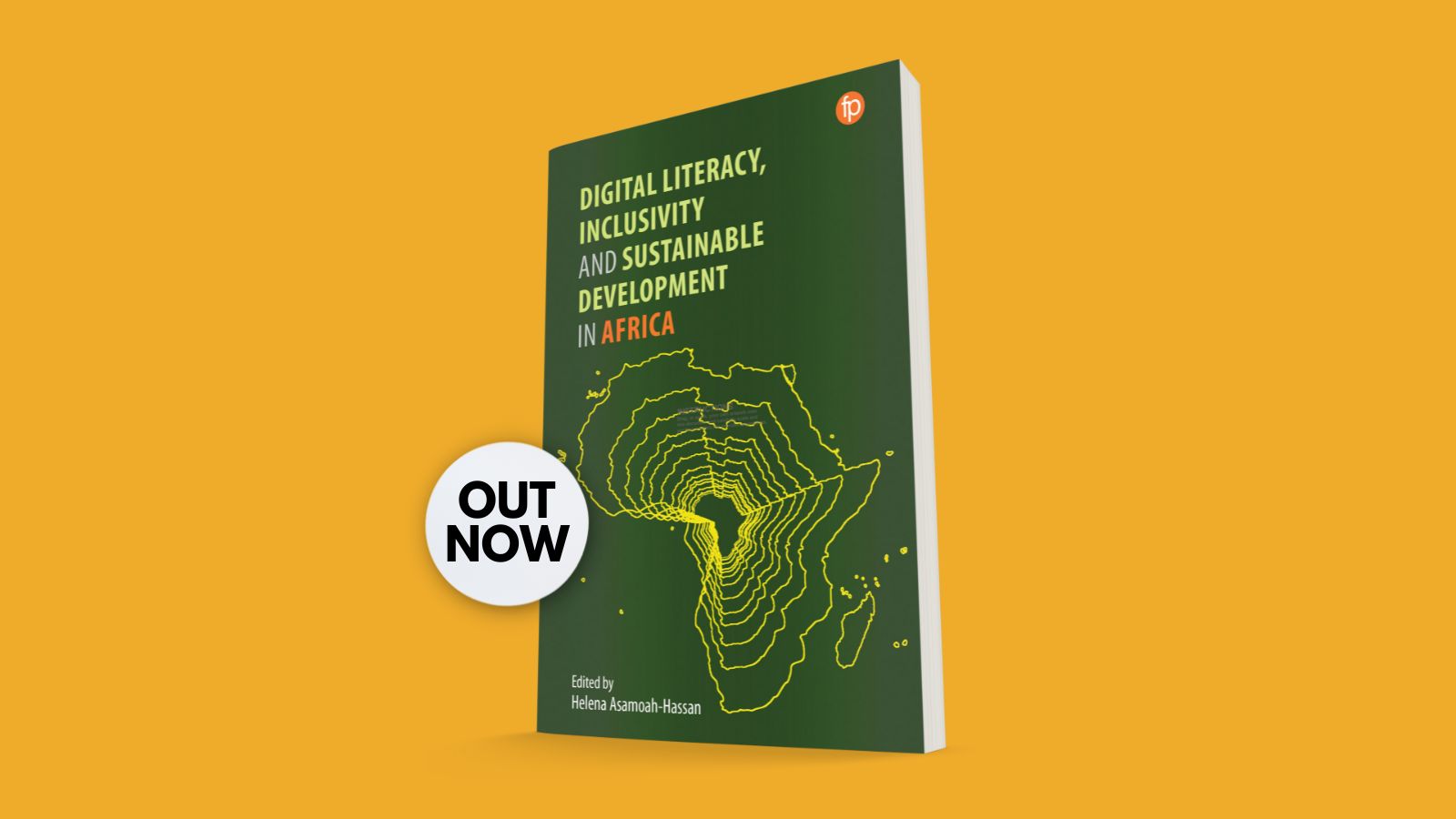
Sustainable development can only be achieved when no one is left behind. The COVID-19 pandemic highlighted an increasing global reliance on the digital world for doing anything from work to school to socialising online. However, a lack
of adequate digital infrastructure may cause a setback to the drive for all to be digitally literate, and when certain individuals or communities cannot participate in the digital world, this can affect, learning, employability, and
even participating fully in society.
The African library sector has been a key advocate for digital literacy across the continent, and a new book published today delves into what has been achieved and what more needs to be done. Digital Literacy, Inclusivity and Sustainable Development in Africa features contributions from libraries across Africa and outlines how they have approached the shift towards better and more widespread digital literacy. The book covers topics including:
how in Kenya, in line with the country’s national vision, libraries have been teaching their user communities, including deaf children, to ably operate in online spaces
the role of digital literacy in increasing employability in Tunisia
the efforts of the Ghana Library Authority, the National Library of Nigeria and the City of Johannesburg Library in driving digital literacy through e-learning initiatives and other digital services
insights into the level of digital skills of students in Uganda and how tertiary institutions in Botswana have been moving to teaching and learning on digital platforms.
Edited by Helena Asamoah-Hassan, Executive Director of the African Library and Information Associations and Institutions, the book takes us through how COVID-19 has impacted the digital literacy campaigns,
the strategies and achievements made by libraries across Africa and how far it all has to go.
`
Helena Asamoah-Hassan is Executive Director of the African Library and Information Associations and Institutions (AfLIA). She was previously University Librarian at the Kwame University of Science and Technology, Kumasi, Ghana and
was a member of the Governing Board of the International Federation of Library Associations and Institutions (IFLA) 2007–11. Helena has been consultant to a number of international organizations on library and information issues and
has served and still serves on several other committees at national, regional and international levels. She is author or editor of 3 books, 3 chapters, 19 refereed conference proceedings and journal articles and over 100 conference
papers.
This book will be available from the American Library Association in North America and Canada and from Taylor & Francis in Australia and New Zealand.



